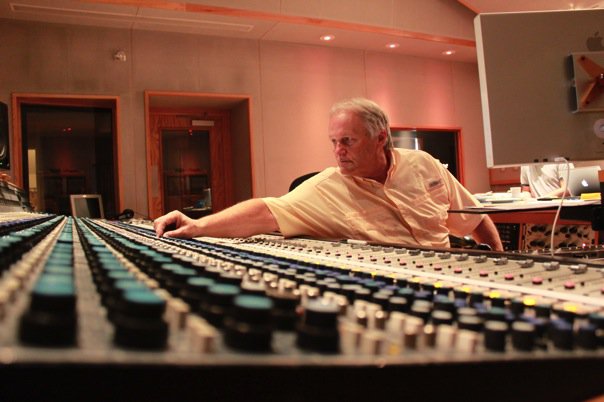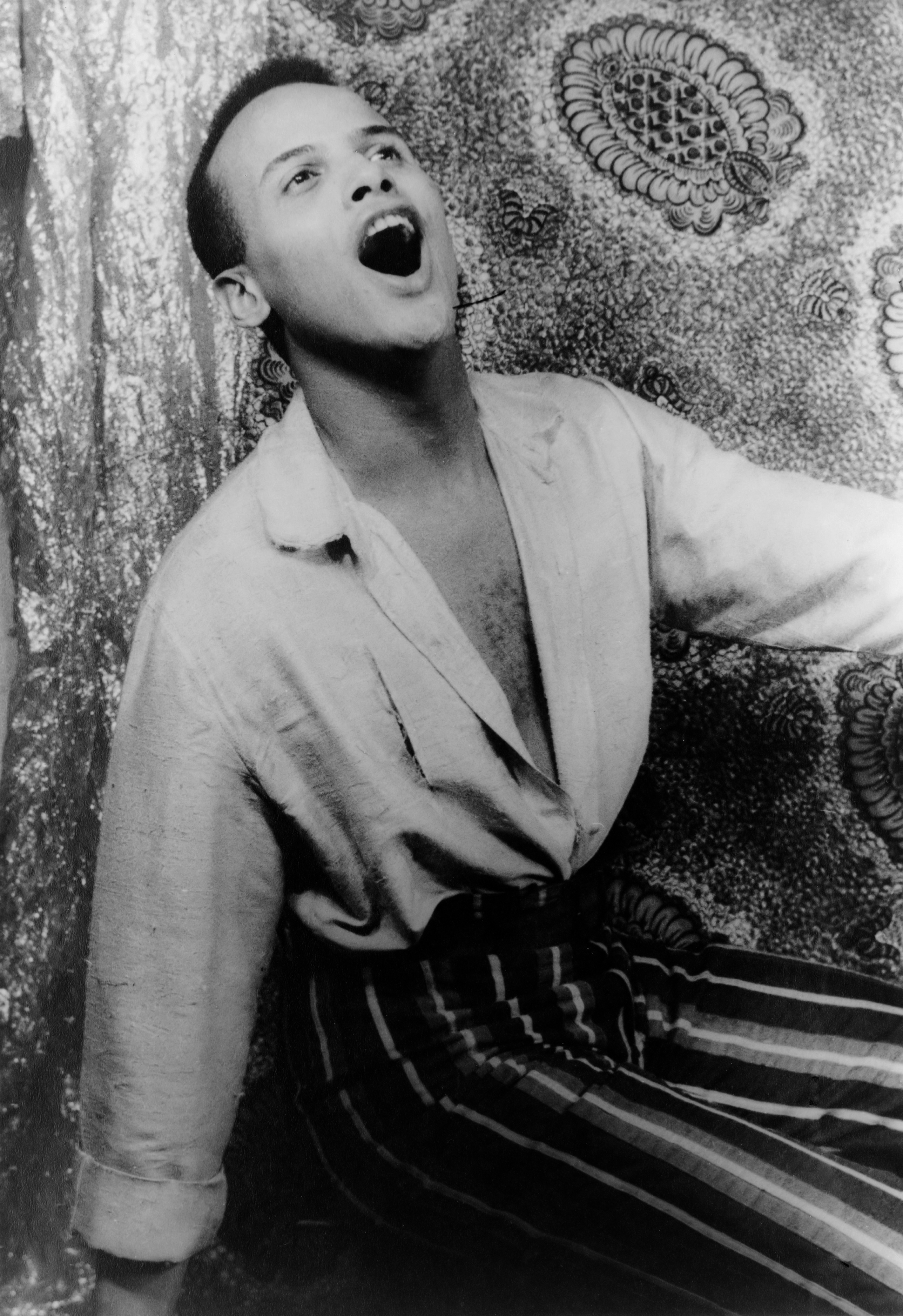|
Stukas
The Orchestre Stukas (also referred to as the Stukas Boys, the Stukas or the Stukas of Zaire) was a congolese soukous band of the 1970s. It was based in Kinshasa, Zaire (now DR Congo). At the apex of their popularity, the Stukas were led by singer and showman Gaby Lita Bembo. History The Stukas were founded by Alida Domingo in 1968. Since the band's early years, when the Stukas mostly played James Brown covers, two members of its personnel emerged as the most talented: singer Gaby Lita Bembo (who reportedly "set the audience on fire" with his on stage dancing) and guitarist Samunga Tediangaye, nicknamed "the professor". Also acclaimed guitarist Dodoly (nicknamed "the sewing machine" for his high speed solos) began his career in Stukas before his successful experience in Bozi Boziana's Anti Choc. While great soukous bands such as Zaïko Langa Langa, Bella Bella or OK Jazz competed with each other for the favors of the Kinshasa youth, Stukas deliberately played in the outskir ... [...More Info...] [...Related Items...] OR: [Wikipedia] [Google] [Baidu] |
Dodoly
Dodoli Kidima or simply Dodoli (sometimes spelled Dodoly) is a Democratic Republic of the Congo, Congo DR soukous guitarist. He is best known for his high speed solos, for which he has been nicknamed ''la machine a coudre'' ("the sewing machine").Sinnock He began his career in Orchestre Stukas, a soukous band that reached the apex of its popularity in Zaire in the mid-1970s. In the 1980s he played the lead guitar briefly in Bipoli Tshando's short-lived band Victoria Principal (band), Victoria Principal but reached the apex of his popularity in Bozi Boziana's Anti-Choc, one of the bands the dominated the soukous scene in that decade. Dodoly was so fundamental to Anti-Choc's sound that, when he left, the musicians that replaced him (including major guitarists such as Rigo Star) all sought to imitate his style. Dodoli left Anti-Choc briefly in 1987, to join Djo Nolo's short-lived project Choc Musica, but rejoined Boziana's band in 1988. That year, he was nominated "best guitarist" b ... [...More Info...] [...Related Items...] OR: [Wikipedia] [Google] [Baidu] |
Yoka Lokole
Yoka Lokole was a soukous band from Zaire (now Democratic Republic of the Congo) founded by Papa Wemba and others in 1975 and disbanded in 1978. Despite its short life, Yoka Lokole was a prominent band in Zaire in the mid-1970s, as its lineup comprised several of the most influential soukous musicians of the times, including Papa Wemba, Bozi Boziana, and Mavuela Somo. Yoka Lokole's most important members were singers; the vocal ensemble of the group was collectively known as the Fania All-Stars of Zaire.This name was chosen by Papa Wemba in 1974, after the Fania All Stars of New York City. Since most of the soukous "stars" in Yoka Lokole were former members of Zaiko Langa Langa, Yoka Lokole belongs to the so-called "Clan Langa Langa", i.e., the large family of Zaiko Langa Langa spin-off bands. The name "Yoka Lokole", in lingala, means "listen to the lokole", where the lokole is a traditional log drum in the area of the Congo River. History Yoka Lokole was founded as a consequenc ... [...More Info...] [...Related Items...] OR: [Wikipedia] [Google] [Baidu] |
Bozi Boziana
Mbenzu Ngamboni Bokili (born 28 September 1951), better known as Bozi Boziana, is a Congolese singer, songwriter and bandleader. He has been in several major soukous bands, including Orchestre Bamboula, Minzoto Sangela, Zaiko Langa Langa, Isifi Lokole, Yoka Lokole, Langa Langa Stars and Choc Stars, and founded his own band, Orchestre Anti-Choc, which is considered among the most influential of the genreSee Sinnock, ''Bozi Boziana'' and also notable for introducing up to three female vocalists at any one time (as opposed to backing singers or dancers) into this band all of whom became celebrities in their own right, a tradition which continues up to today. Biography Bozi Boziana began his career in the afro-pop band Air Marine, but he reached success in 1974 when he joined Zaiko Langa Langa, one of the most influential Congolese bands ever. In Zaiko Boziana had the chance to play with soukous stars Papa Wemba and Evoloko Jocker. Less than one year later, Papa Wemba and Ev ... [...More Info...] [...Related Items...] OR: [Wikipedia] [Google] [Baidu] |
Zaïko Langa Langa
Zaïko Langa Langa is a Congolese soukous band formed in Kinshasa, in 1969. It was established by D.V. Moanda, Henri Mongombe, Marcellin Delo and André Bita, the band evolved from the Orchestre Bel Guide National, which is seen as Zaïko's predecessor. Co-founders included Papa Wemba, Jossart N'Yoka Longo, Manuaku Waku. Led by N'Yoka Longo, they are seen as the most influential African group and have participated in the evolution and innovation of the main musical genre in Congo, the Congolese rumba. Due to several splits of the group, the Langa Langa clan was born, bringing together all the dissidents of the great Zaïko (including Viva La Musica, Isifi Lokole, Choc Stars, Langa Langa Stars, Quartier Latin). History 1968–1970: Formation From Bel Guide National to Zaïko Langa Langa A band of young musicians called Bel Guide National had been active since 1967. This orchestra included N'Yoka Longo, Manuaku Waku, Enoch Zamuangana, Teddy Sukami and Gégé Mangaya a ... [...More Info...] [...Related Items...] OR: [Wikipedia] [Google] [Baidu] |
Democratic Republic Of The Congo
The Democratic Republic of the Congo (french: République démocratique du Congo (RDC), colloquially "La RDC" ), informally Congo-Kinshasa, DR Congo, the DRC, the DROC, or the Congo, and formerly and also colloquially Zaire, is a country in Central Africa. It is bordered to the northwest by the Republic of the Congo, to the north by the Central African Republic, to the northeast by South Sudan, to the east by Uganda, Rwanda, and Burundi, and by Tanzania (across Lake Tanganyika), to the south and southeast by Zambia, to the southwest by Angola, and to the west by the South Atlantic Ocean and the Cabinda exclave of Angola. By area, it is the second-largest country in Africa and the 11th-largest in the world. With a population of around 108 million, the Democratic Republic of the Congo is the most populous officially Francophone country in the world. The national capital and largest city is Kinshasa, which is also the nation's economic center. Centered on the Congo ... [...More Info...] [...Related Items...] OR: [Wikipedia] [Google] [Baidu] |
Zaire '74
Zaire 74 was a three-day live music festival that took place on 22 to 24 September 1974 at the Stade du 20 Mai in Kinshasa, Zaire (now Democratic Republic of the Congo). The concert, conceived by South African trumpeter Hugh Masekela and record producer Stewart Levine, was meant to be a major promotional event for the heavyweight boxing championship match between Muhammad Ali and George Foreman, known as The Rumble in the Jungle. When an injury forced Foreman to postpone the fight by six weeks, the festival's intended audience of international tourists was all but eliminated and Levine had to decide whether or not to cancel the event. The decision was made to move forward, and 80,000 people attended. In addition to promoting the Ali-Foreman fight, the Zaire 74 event was intended to present and promote racial and cultural solidarity between African American and African people. Thirty one performing groups, 17 from Zaire and 14 from overseas, performed. Featured performers i ... [...More Info...] [...Related Items...] OR: [Wikipedia] [Google] [Baidu] |
Sound Engineer
An audio engineer (also known as a sound engineer or recording engineer) helps to produce a recording or a live performance, balancing and adjusting sound sources using equalization, dynamics processing and audio effects, mixing, reproduction, and reinforcement of sound. Audio engineers work on the "technical aspect of recording—the placing of microphones, pre-amp knobs, the setting of levels. The physical recording of any project is done by an engineer... the nuts and bolts." Sound engineering is increasingly seen as a creative profession where musical instruments and technology are used to produce sound for film, radio, television, music and video games. Audio engineers also set up, sound check and do live sound mixing using a mixing console and a sound reinforcement system for music concerts, theatre, sports games and corporate events. Alternatively, ''audio engineer'' can refer to a scientist or professional engineer who holds an engineering degree and who designs, dev ... [...More Info...] [...Related Items...] OR: [Wikipedia] [Google] [Baidu] |
Brussels
Brussels (french: Bruxelles or ; nl, Brussel ), officially the Brussels-Capital Region (All text and all but one graphic show the English name as Brussels-Capital Region.) (french: link=no, Région de Bruxelles-Capitale; nl, link=no, Brussels Hoofdstedelijk Gewest), is a region of Belgium comprising 19 municipalities, including the City of Brussels, which is the capital of Belgium. The Brussels-Capital Region is located in the central portion of the country and is a part of both the French Community of Belgium and the Flemish Community, but is separate from the Flemish Region (within which it forms an enclave) and the Walloon Region. Brussels is the most densely populated region in Belgium, and although it has the highest GDP per capita, it has the lowest available income per household. The Brussels Region covers , a relatively small area compared to the two other regions, and has a population of over 1.2 million. The five times larger metropolitan area of Brussel ... [...More Info...] [...Related Items...] OR: [Wikipedia] [Google] [Baidu] |
BB King
Riley B. King (September 16, 1925 – May 14, 2015), known professionally as B.B. King, was an American blues singer-songwriter, guitarist, and record producer. He introduced a sophisticated style of soloing based on fluid string bending, shimmering vibrato and staccato picking that influenced many later blues electric guitar players. AllMusic recognized King as "the single most important electric guitarist of the last half of the 20th century". King was inducted into the Rock and Roll Hall of Fame in 1987, and is one of the most influential blues musicians of all time, earning the nickname "The King of the Blues", and is considered one of the "Three Kings of the Blues Guitar" (along with Albert King and Freddie King, none of whom are related). King performed tirelessly throughout his musical career, appearing on average at more than 200 concerts per year into his 70s. In 1956 alone, he appeared at 342 shows. King was born on a cotton plantation of Berclair near the city o ... [...More Info...] [...Related Items...] OR: [Wikipedia] [Google] [Baidu] |
Miriam Makeba
Zenzile Miriam Makeba (4 March 1932 – 9 November 2008), nicknamed Mama Africa, was a South African singer, songwriter, actress, and civil rights activist. Associated with musical genres including Afropop, jazz, and world music, she was an advocate against apartheid and white-minority government in South Africa. Born in Johannesburg to Swazi and Xhosa parents, Makeba was forced to find employment as a child after the death of her father. She had a brief and allegedly abusive first marriage at the age of 17, gave birth to her only child in 1950, and survived breast cancer. Her vocal talent had been recognized when she was a child, and she began singing professionally in the 1950s, with the Cuban Brothers, the Manhattan Brothers, and an all-woman group, the Skylarks, performing a mixture of jazz, traditional African melodies, and Western popular music. In 1959, Makeba had a brief role in the anti-apartheid film '' Come Back, Africa'', which brought her international ... [...More Info...] [...Related Items...] OR: [Wikipedia] [Google] [Baidu] |


